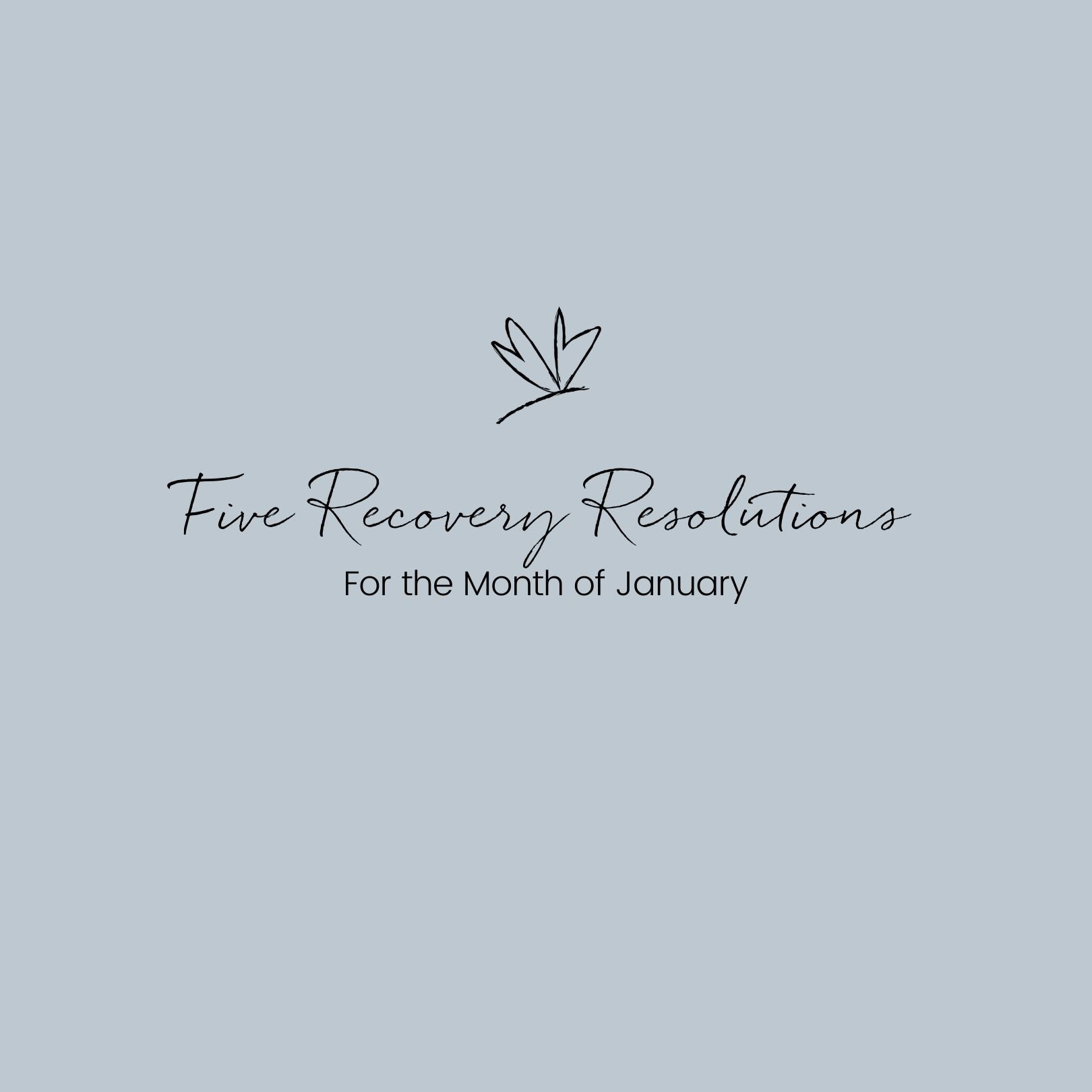Caring in Recovery? Maybe You Need to Change Too!
You’d be amazed how many people contact us at Wednesday’s Child and are absolutely desperate to get help for the person they love – but then equally spend a good deal of time stating how they don’t want their involvement in someone’s recovery journey, to in any way affect their behaviours and routine.
Fair enough, you might think.
After all, aren’t we all entitled to our own freedoms and priorities and preferences – regardless of whether we’re choosing to be generous enough to support someone through restoration from an eating disorder?
Well, yes.
And let’s reiterate how greatly you should be applauded for wanting to aid someone’s return to health.
BUT (there’s always a but), it’s absolutely essential you respect the fact that supporting someone closely, often means analysing your own way of life in order to make sure you’re a helpful addition in recovery – not in any way a hindrance or a trigger.
Let’s be clear. This is in no way designed to suggest you might be ‘to blame’ for a person having an eating disorder, or complicit in them remaining unwell.
It’s merely pointing out, that such is the devious and deadly nature of this illness, that it will latch on to any opportunity to not fully embrace recovery in a consistent fashion, and to avoid doing so by claiming to ‘mirror’ behaviours which are being seen around the individual.
So, what kind of behaviours are we talking about?
Here’s just some of the lifestyle activities and home based occurrences which we hear referenced by those who are trying to recover, and who wish their loved one understood how much it affects them:
- Diet dialogue, however unintentional. Comments about ones own desire to lose weight, or chastising oneself for being ‘naughty’ by having a delicious treat.
- Repeatedly referring to tracked calories, steps or other metric.
- Excessive or slavish engagement in exercise or movement of any kind (particularly where that participation comes at the sacrifice of gentler time spent with the loved one)
- Neurotic preoccupation with appearance
- Use of scales, fitbits, diet-logging apps (see above)
- Obvious attempts to carry out greater physical day to day activity than would be necessary (this refers to less formal use of energy expenditure – parking further away from a destination, not sitting still, taking more walks to the shops than is really appropriate or required)
- Reducing ones on food portion sizes while giving much greater amounts to others
- Having no freedom around meal planning and evidently sticking to dishes which are structured around lower calorie basis
- Purporting to have a number of ‘legitimate’ food restrictions (from gluten intolerance to a moral desire to be vegan)
- Purchasing your own low-calorie fat-free (tasteless) ingredients or food items and insisting these have to be part of your menu on a daily basis
And that’s just a short list.
What you’ll be able to sense from the behaviours cited above, is that all of these daily practices ‘could’ potentially be viewed by the person in recovery to be something which is triggering, or which challenges their own partial desire to recover fully.
Don’t forget, that even among those who ‘do’ begin to want to recover from an eating disorder, one of the biggest challenges you face, is that the ambivalence involved in the illness is such that it will really play havoc with your loved ones ability to maintain daily (and hourly) commitment to get well.
If there’s one thing you can do for that special person in your life, whether it’s before or alongside getting them the therapeutic and medical intervention which you now deem them ready to need, is to take a look at how you and those in your household are also behaving around the culture of diet, exercise, and body satisfaction.
Ours is not an intention of chastising you for living the life you choose, nor to say you should change everything you hold dear, but reflection on your own food and movement relationship can equally be really helpful.
The result may be that you give yourself a level of freedom you’ve not experienced for some time….which might just help in more ways than you’d care to imagine.
Need help? Email hello@wednesdayschild.co.uk
- Jan 2022





